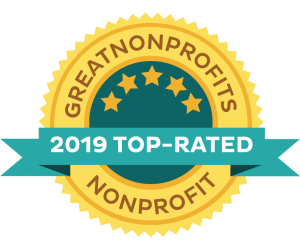Bullying involves unwanted aggressive behavior where there is an imbalance of power and this behavior is repeated over time. The aggression can be verbal, physical, or done more subtly in relationships, and it causes another person intentional injury or discomfort. The bullying can occur face to face or through the use of technology such as via social media. The victim does nothing to cause the bullying but it has very serious effects nonetheless. Children who have been bullied can feel helpless, afraid, lonely, isolated, angry and even suicidal. They may have difficulty concentrating in school or skip school to avoid the bully. They also may develop other serious health and mental health problems such as depression and post-traumatic stress disorder (PTSD).
Warning Signs of Bullying:
- Physical aggression or threats of physical aggression
- Destroying property, stealing
- Making someone do something they do not want to
- Teasing, name-calling, verbally abusing
- Refusing to talk or excluding someone from activities
- Spreading rumors or lies
- Inappropriate sexual comments
Treatment Options:
For a child that has been bullied, treatment focuses on addressing any depression, anxiety that has resulted from the bullying. The counselor may use techniques to strengthen self-esteem, combat any distorted beliefs, problem-solve ways to handle the situation, and encourage involvement in activities where the child feels like they belong. A child or teen who has exhibited bullying behavior may benefit from anger management training or talk therapy.




Connect With Outreach!